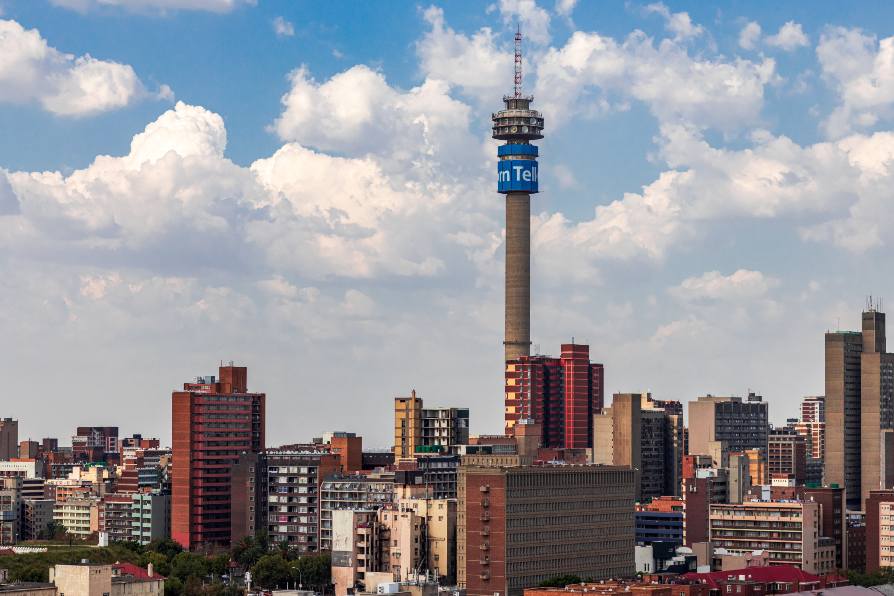Last update: September 21st, 2021.
South Africa made fast work of securing vaccines for its population. Everyone over 18 years old is eligible, but there are no vaccine passports just yet.
President Cyril Ramaphosa has confirmed that South Africa will begin using vaccine passports in the upcoming spring of 2021, as part of the level 3 reopening program.
There has been a demand for a digitized version of vaccine cards for South Africans. COVID passports in South Africa would also simplify border systems for incoming passengers to prevent high waiting times at immigration.
As for the rest of Africa, Morocco’s COVID passport and Egypt’s health passport were implemented recently, while the African Union Health Pass has made a uniform system available to all its member nations.
Are COVID passports available in South Africa?
After a slow start, South Africa is on track to vaccinate a large portion of its population in the coming months.
There is no South African vaccine pass yet, but president Ramaphosa announced that it would be launched soon, in spring of 2021.
On September 12th, he addressed the nation and said: “In two weeks, we will provide more information on a system of ‘vaccine passports’ that can be used as proof of vaccination for various purposes and events.”
South African citizens are currently relying on paper cards to confirm vaccinations.
To register, anyone over 18 can simply log on to vaccine.enroll.health.gov.za with their national ID and make an appointment for vaccination.
After the first dose, a paper vaccine card is issued displaying a patient’s name, ID number, and vaccine details.
Vaccine cards, however, are susceptible to damage and fraud. The government is releasing a digitized version of the card but has yet to confirm whether it can be used for international travel.
No alcohol for unvaccinated people in South Africa?
President Ramaphosa relaxed restrictions on the sale of alcohol from September 13th.
On-site alcohol consumption is permitted until 10 p.m. every day and alcohol sales at shops are permitted Monday to Friday, from 10 a.m. to 6 p.m.
The sale of alcohol is still prohibited on weekends in South Africa.
South Africa implemented various stages of prohibition throughout COVID, which crippled the alcohol and hospitality industries.
The MEC of Health for the Limpopo province, Phophi Ramathuba, suggested making COVID vaccines mandatory for the purchase of alcohol.
“[Vaccination] is not compulsory in our country, and that includes Limpopo. However, as a health department, we can’t just fold our arms and keep complaining about vaccine hesitancy when we know we can engage the liquor industry” explained Ramathuba.
She warned that if the liquor sector did not accept the proposed restrictions, they could face another devastating round of prohibition when the fourth wave hits.
The ban on alcohol sales was primarily done to relieve the pressure on emergency and trauma units during the peaks of COVID.
IATA Travel Pass in South Africa: a digital solution
Digital travel passes have proven to be an imperative measure for those looking to travel abroad, but the lack of standardization is creating mass confusion.
The IATA Travel Pass app addresses the problem by providing internationally valid verification of a passenger’s COVID-19 immunization status.
South Africa’s transport minister, Mr Fikile Mbalula, has expressed that the country is interested in the IATA Travel Pass and is looking into ways of implementing it.
Alex Stancu, head of account management in South and East Africa at IATA confirmed the possible collaboration. Stancu explained that if paper-based authentication continued, check-in times at airports could run for up to 8 hours.
“Discussions are underway with the relevant authorities and laboratories with a view to the app being accepted for use in the country” he added.
Is it safe to travel to South Africa now?
South Africa has been the most affected country in Africa during the pandemic. More than 2.8 million people have been infected and more than 85,000 have died as a result of COVID-19.
However, the third wave is reaching its end and the rate of infection by middle September was around a quarter of the peak.
That being said, vaccine uptake has been low, especially amongst men, and the President warned that continued distrust will ensure the fourth wave arrives sooner than anticipated.
“If many people are not vaccinated and remain vulnerable to infection, the chance of new and more dangerous variants could emerge,” said President Ramaphosa.
Mutations have been identified in South Africa and the country is now paying the price. The UK refuses to remove SA from its red list and travel is banned for South Africans to many destinations.
The CEO of the Southern Africa Tourism Services Association, David Frost, feels that South Africa is being treated unfairly for simply identifying new variants: “We would want to know how Kenya was taken off the list. We know their genomic sequencing is just about non-existent compared to ours,” he said.
